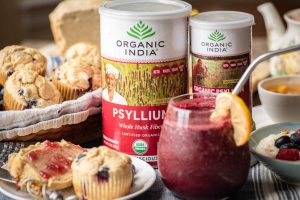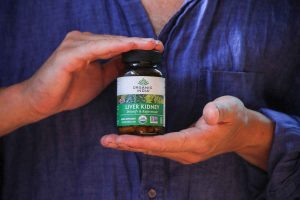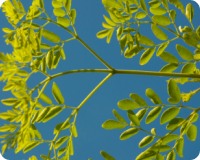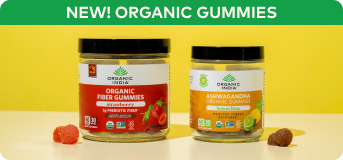

Section

Back
What is Psyllium Fiber? Meaning, Benefits and Usage
09/02/2021 | Written by Gina Marie Saka
Conscious Healthy Living, Psyllium preprobiotic
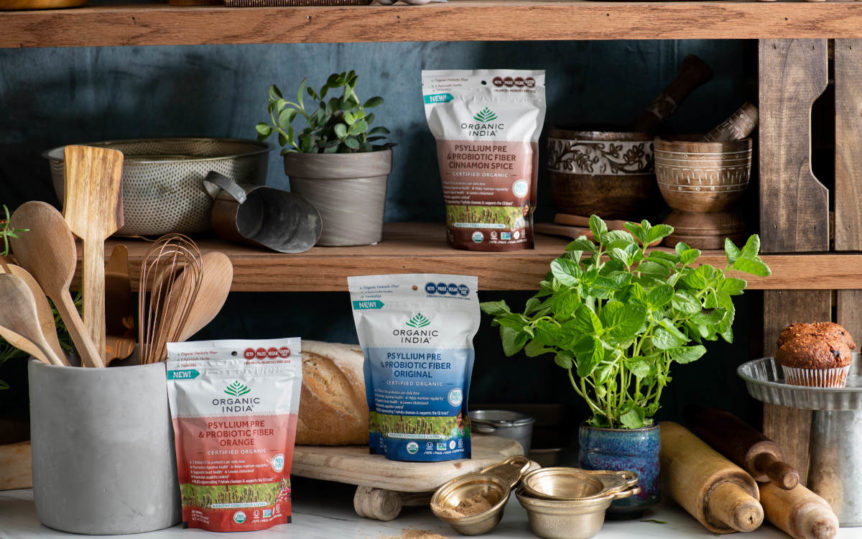
Have you been wondering what is psyllium fiber? Psyllium has been gaining popularity in the United States since the 1930s as the main ingredient in MetamucilⓇ, an over-the-counter supplement for digestive support and regularity. Before its reception in the West, it was used for millennia in Indian Traditional Systems as a laxative and diuretic. It also has widespread use throughout the world, especially the Mediterranean, West Asia (Turkey, Jordan, Syria) and North Africa (Egypt). The plant is alternatively known as isabgol or aspaghol, which is derived from the Persian asp and gul, meaning horse flower, in reference to the horse ear shape of the seeds.
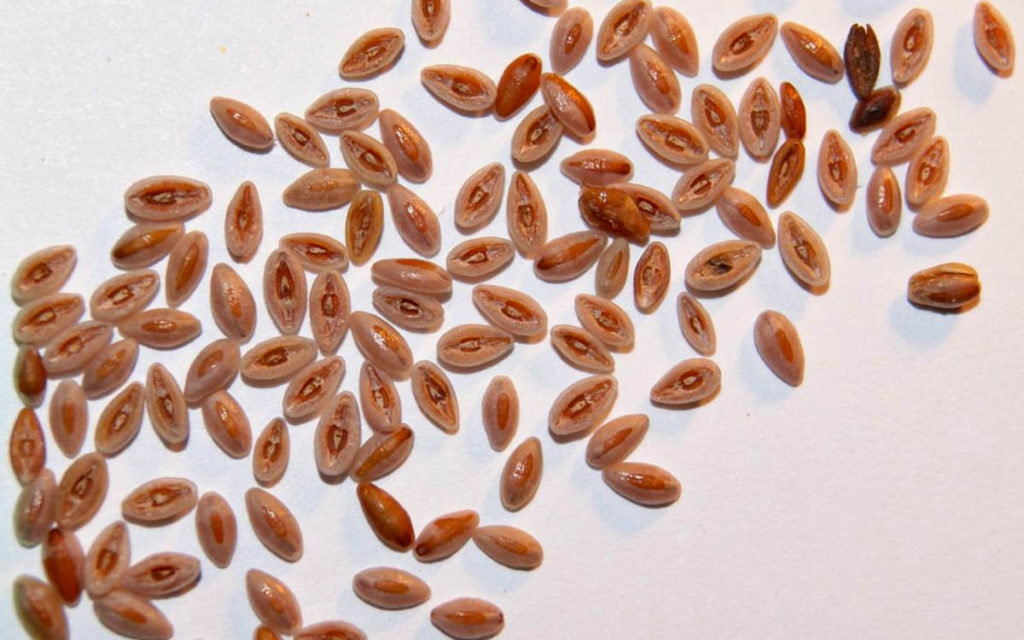
What is Psyllium Fiber?
Psyllium is made from the husk of the seed of the plantago ovata crop, and has been long used as a supplemental source of dietary fiber. The plantago ovata crop, also known as desert Indianwheat and blond plantain, is a shrub-like herb native to the Mediterranean. Psyllium is a soluble and insoluble prebiotic fiber commonly found in powder form to be added to liquids or in dietary capsules for a concentrated dose. Best known for its ability to provide digestive support and a gentle laxative action, it is also linked to heart health and helping maintain healthy cholesterol levels.
The Food and Drug Administration (FDA) reported psyllium as a source of mucilaginous fiber back in 1988, and the World Health Organization (WHO) published monographs of the plantago seed in 1999. It is officially included in the national pharmacopoeias of Germany, Great Britain, France and the USA; and has been used in traditional remedies in India, Pakistan, Egypt, Turkey and beyond since ancient times.
What is Psyllium Husk Powder Used For?
Psyllium husk powder is primarily used as a dietary fiber supplement to be added to water, smoothies, juices and baked goods. It is known for its gentle laxative action and ability to soothe and support the entire gastrointestinal tract. Traditionally, it was used as a digestive stimulant to help alleviate a range of gastrointestinal issues.
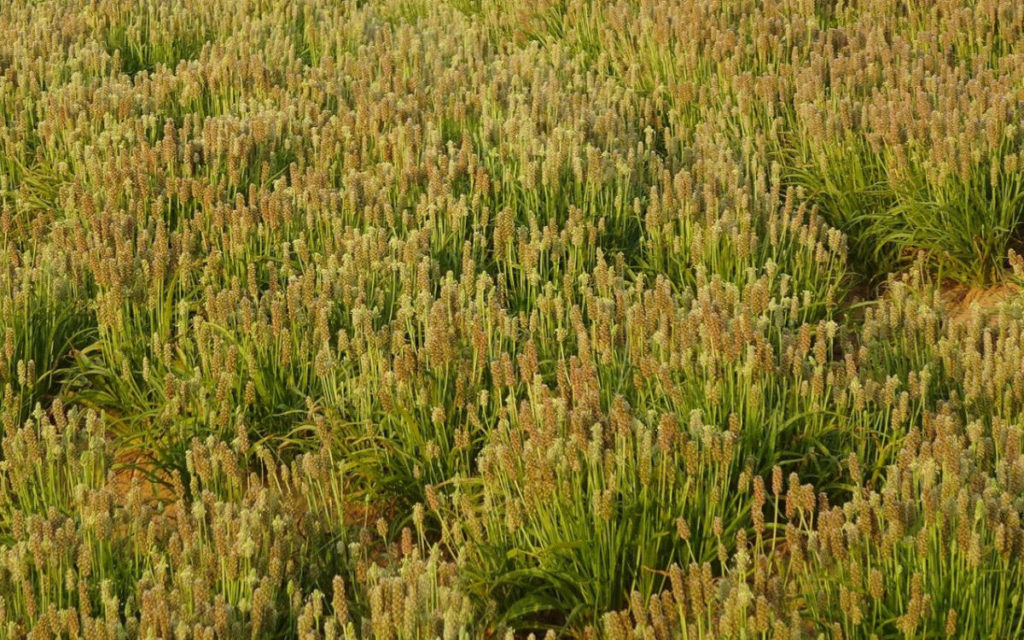
7 Psyllium Husk Powder Benefits
The more you learn about the benefits of psyllium fiber, the more you’ll realize its ability to optimize your wellness routine. The modern diet is often lacking in fiber, which may cause stagnation that can get in the way of one’s vitality and quality of life. In fact, the average American gets only 10-15 grams of dietary fiber daily, half of what the USDA recommends. Psyllium helps support a balanced diet, and brings comfort and movement to the entire GI tract.
- Digestive Support. As psyllium fiber enters your stomach it becomes a viscous gel that helps smooth digestion and support gastrointestinal function.
- Waste Elimination. Psyllium is considered a gentle, bulk-forming supplement that absorbs liquid in the intestines, which aids in healthy elimination and regularity.
- Prebiotic Source. Psyllium is a natural prebiotic, which promotes growth of beneficial microorganisms and supports gut health.
- Satiety. It’s found to help increase feelings of satiety, or fullness, helping curb hunger between meals.
- Heart Health. A fibrous diet is known to support heart health and help maintain healthy levels of cholesterol.
- Blood Sugar Regulation. When psyllium becomes a gel it also traps sugars and releases them more gradually as it moves through the body, which can support healthy blood sugar levels.
- Gluten-Free. It’s gluten-free, which assists anyone with gluten sensitivity in getting the amount of daily fiber they need.
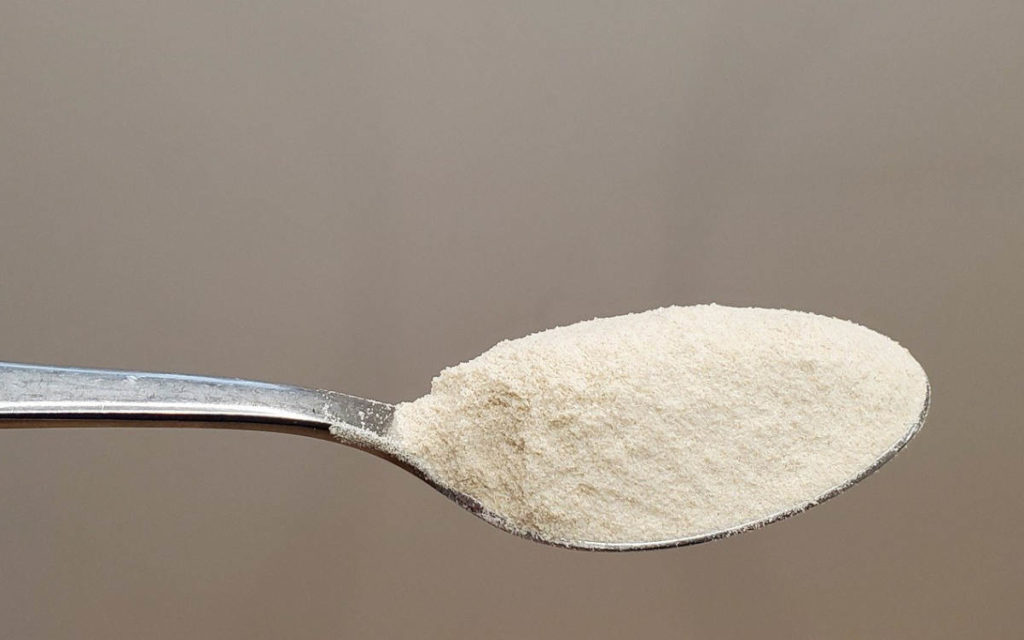
Ways to Use Psyllium
Psyllium comes in two main forms: powders and supplements. Here are some of the best ways to use psyllium:
- Smoothies. Blend a tablespoon of psyllium into your favorite fruit or protein smoothies for an added boost of fiber.
- Oatmeal. You can also add 1-3 teaspoons of psyllium to your oatmeal—whether you like instant, steelcut or overnight oats.
- Capsules. Capsules are a super quick, easy and convenient way to take psyllium fiber.
- Baked Goods. One tablespoon of psyllium can be added to any of your favorite cakes and breads to up their fiber content, making them healthy for the digestive system, gut and heart. Try these Easy Psyllium Pancakes and Waffles.
- Egg replacer. Vegans love psyllium because, when combined with water, it becomes thick and gelatinous, making it an excellent egg substitute and binder in baked goods. To make a psyllium egg, mix 1 teaspoon of psyllium into 3 tablespoons of water. Check out the binding action in this Sweet Potato Latkes recipe.
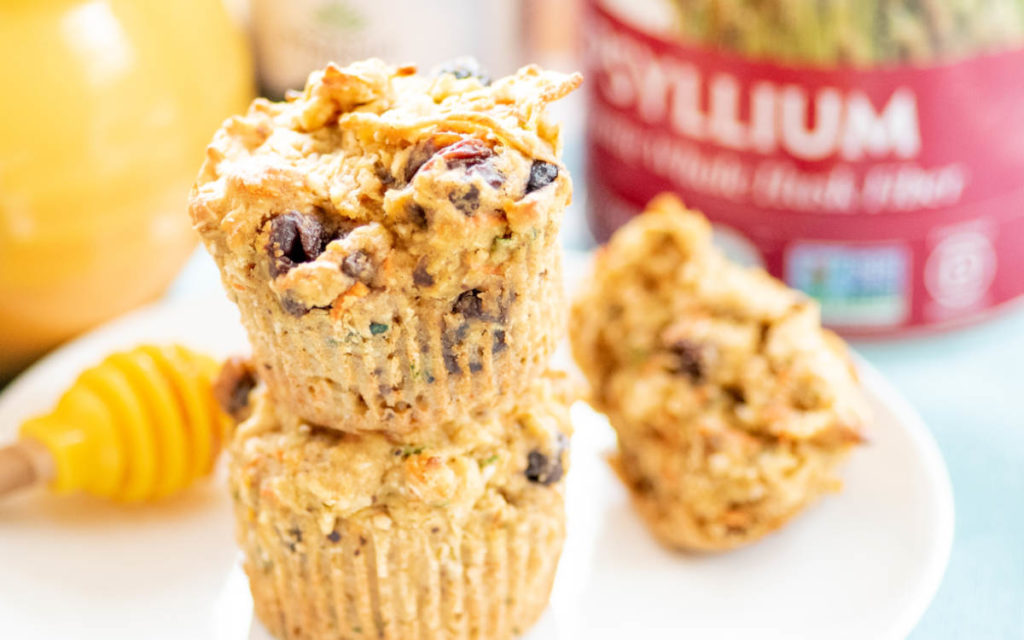
Is It Okay to Take Psyllium Every Day?
There are no studies that indicate the harm of daily use of dietary fiber supplements. Fiber has many health benefits and, in general, is necessary to achieve a balanced diet. Just be sure to take no more than the recommended dose of your psyllium supplement, and consult with your doctor if you experience digestive discomfort. Also, check your overall diet to stay within the range of daily fiber intake recommended by the USDA, which is 21-25 grams of fiber for adult women and 35-38 grams for adult men.
Now that your question “What is psyllium fiber?” has been answered, try a psyllium capsule or powder—whether Original, Cinnamon or Orange—and find balanced diet, supported digestion, regularity, heart health, vitality, and freedom in your body, mind and spirit.
